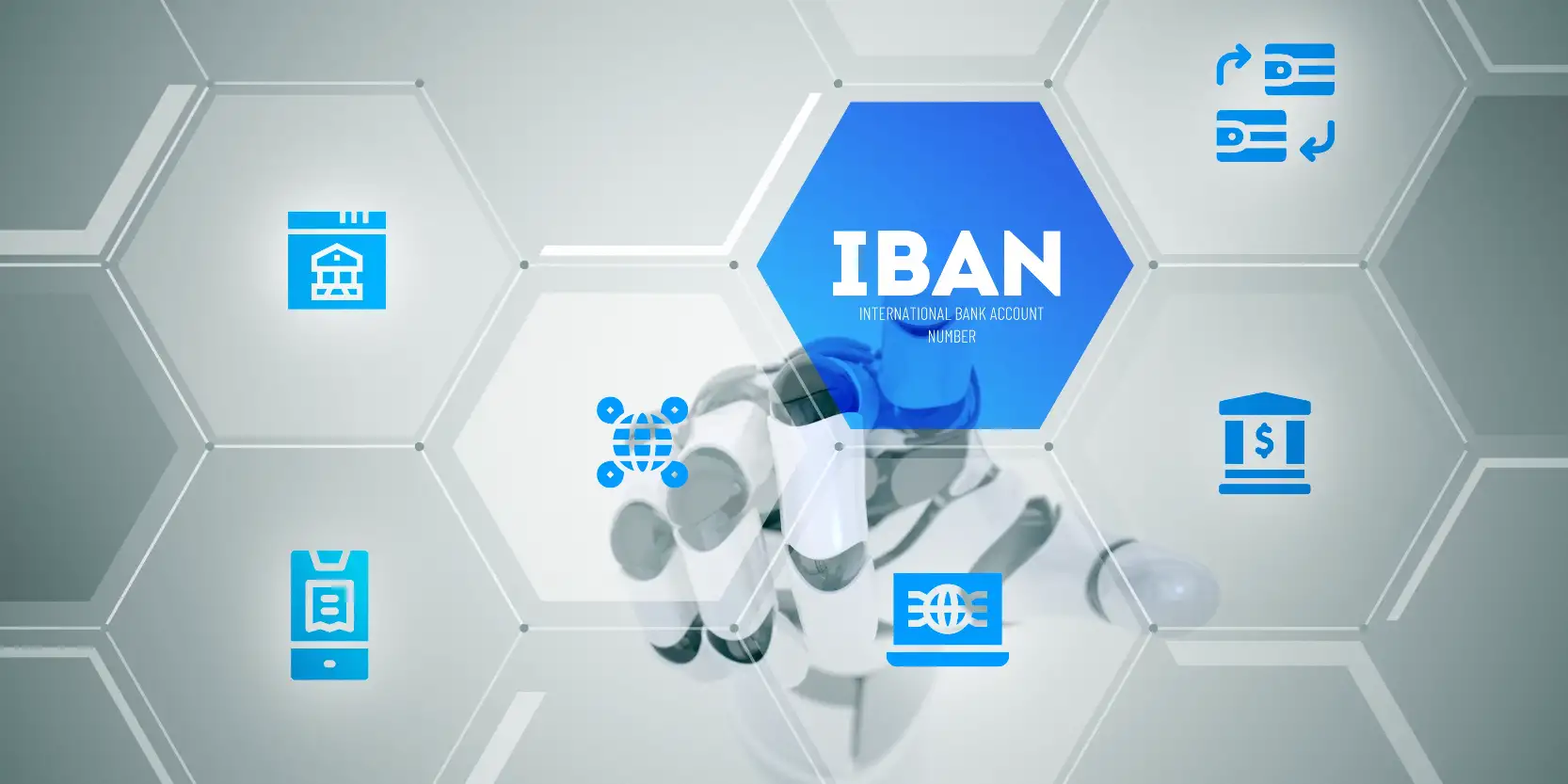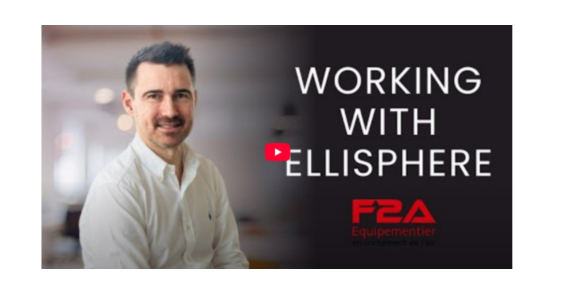For several years now, we have been witnessing a veritable explosion in fraudulent practices in the BtoB sector, encouraged by the digital transformation of companies. Characterized by ever more sophisticated methods, fraud takes on many faces, including that of the "empty shell", which is booming. How does it work? What is at stake? And how can we identify these "at-risk profiles" right from the start, to avoid financial and reputational damage? Here's how.
BtoB fraud: a growing challenge for all organizations
In 2023, 64% of French companies experienced at least one fraud attempt, a significant increase of 28% on the previous year*. Large companies are particularly hard hit, with 69% of them targeted at least once.
The explosion of this phenomenon is fuelled in particular by the transformation of organizations and the digitization of processes, placing large companies in the front line in the face of this growing risk.
Empty shell fraud: a threat not to be underestimated
In addition to this acceleration, fraudulent practices are becoming increasingly complex, reflecting the professionalization of fraudsters.
Identity theft, which consists in using the personal data of a third party with whom you have a relationship in order to obtain a bank transfer, is still the preferred technique of fraudsters today. It can take many forms: fake supplier fraud, fake customer fraud, president fraud or phishing are among the best-known methods.
But while transfer fraud and identity theft are among the most widespread types of scam, so-called "shell" fraud is not to be outdone.
The "empty shell" technique boils down to creating or taking over a real company run by a straw manager or fictitious company representatives. It's a real company insofar as it has a real existence (legal events, balance sheets, etc.)... But its sole purpose is the theft or misappropriation of funds and goods.
More concretely: the fraudster performs useful legal events, suggesting that the company is running a "normal" business. For example, he applies for a financing loan, which he will never repay. Or he buys/rents your services (temping, equipment, etc.) and asks to pay later: this debt will never be honored and the supplies will be resold.
Two major challenges: securing your cash flow and optimizingyour teams' productivity
The increase in these types of fraud poses a significant risk of financial loss and reputational damage for your organizations, and demands action commensurate with the danger.
Indeed, while fraudsters are taking advantage of technological developments, many companies still carry out manual analyses: they have neither the time nor the resources to detect these so-called fraudulent companies.
Faced with this asymmetry between the resources deployed by companies and increasingly sophisticated fraud techniques, it has become imperative to automate controls at the point of contact.
Ellisphere's fraud risk score: identify fraudulent companies upstream to avoid financial losses
In this context, Ellisphere offers the Fraud Risk Score, which enables you to check the validity of the company, in order to identify upstream "phantom" companies with no real activity.
Let's take the case of a bookshop applying for a loan from a financial lender. In this context, several details raise the alarm and add to the fraud risk score:firstly, the death of the manager more than 10 years ago, or the "profits (€2M)/sales (€5M)" ratio, which is particularly dubious for this business.
Another particularly "revealing" example of fraud, based more on the company's actual location and existence, is a wholesaler specializing in fruit and vegetables, which is also applying for a loan. On examining the file, we noted that the company had moved...to an address attached to a domiciliation box, even though such an activity requires premises to store the merchandise.
The latest example of fraud, where a more "behavioral" criterion came into play: in addition to moving to a domiciliation box, this company, which also specializes in wholesale trade, published several "very favorable" balance sheets on the same day. All "weak" signals that corroborate the existence of fraud.
Based on multiple weak signals from our database, combined with artificial intelligence, the Fraud Risk Score enables you to rapidly detect anomalies that can be assimilated to high-risk profiles. It enables your teams to achieve productivity gains by prioritizing the most complex and risky files.
Need more information? Contact our experts!
* White paper "Corporate Fraud, Perspectives and Strategies for 2024" - Trustpair/SAP/OpinionWay


